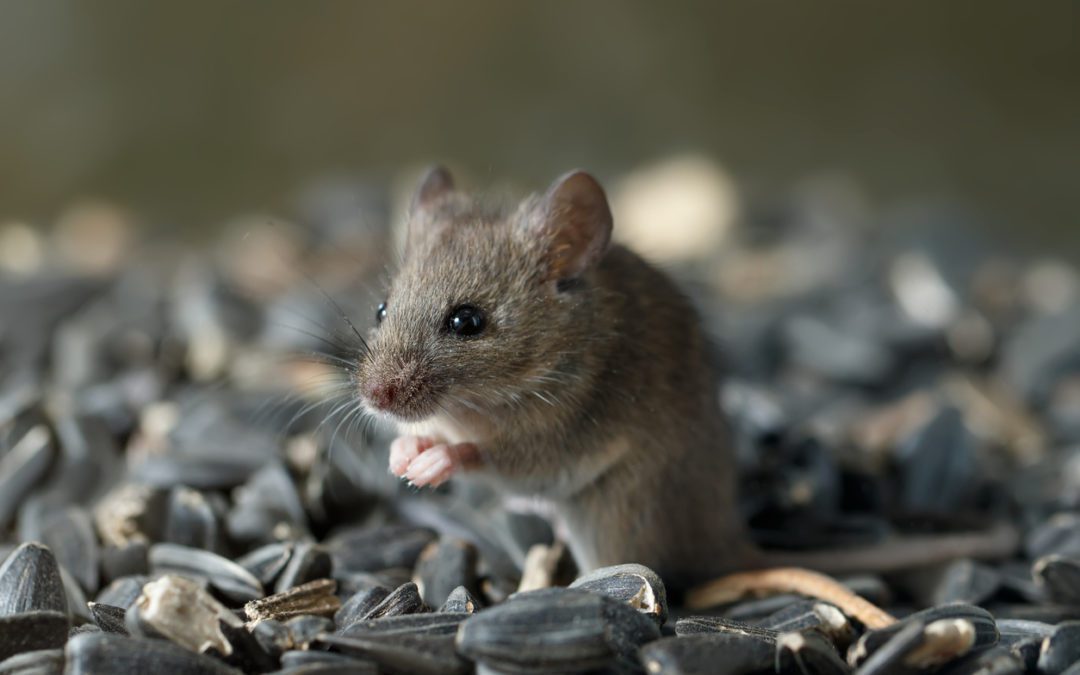Many homeowners assume that seeing a mouse in their house is an isolated occurrence; that a single mouse must have somehow made its way into their living space. Unfortunately, a mouse sighting is far more likely to be a sign of a much larger issue. Mice are nocturnal animals and have an aversion to light, meaning most of their travel and scavenging activity happens at night. They are also a prey species for most predators and have a strong instinct to avoid well-lit, open spaces where they may be more easily hunted. Spotting a mouse in your home is a good indication that the population of mice there is great enough to force individuals to risk seeking out food during abnormal hours. While it may be tempting to ignore the incident, neglecting a potential infestation can prove extremely dangerous to your well-being. Below are details of the health hazards of mice in homes.
Health Hazards of Mice
Mice rely heavily on their sense of smell and will urinate and defecate as they travel to create scent trails they can follow back to their burrow or food source. Their urine and feces are full of harmful bacteria and parasites, so your tables, countertops, and food storage and preparation areas are all vulnerable to contamination. Below are just a few of the diseases mice are responsible for transmitting.
- Salmonellosis – Salmonellosis is caused by the Salmonella bacteria and can be contracted by consuming food or water that has been contaminated with rodent droppings. People suffering from this illness usually experience intestinal distress including cramping and diarrhea as well as a high fever, and while symptoms typically abate within a week, there are occasions where the infection spreads to the blood stream and more extreme medical measures must be taken.
- Leptospirosis – Leptospirosis is a bacterial infection that is usually spread by coming into contact with the urine of affected animals, but it can be spread through other bodily fluids as well. Because mice urinate wherever they go, ingesting goods from containers where rodents have been foraging, or preparing food on surfaces where they travel, are common ways to become sick. Typically, leptospirosis causes fever, chills, diarrhea, and vomiting, but if it’s left untreated, it can lead to kidney or liver failure as well as meningitis. Leptospirosis is also very harmful and often fatal to household pets.
- Toxoplasmosis – Toxoplasmosis is caused by a parasite contained in the feces of mice and other mammals. Humans can contract it directly from mice through consuming food where rodents have left droppings. Cats who eat these infected mice are also susceptible to the disease, and failing to wash your hands thoroughly after cleaning a litterbox puts you at risk for contraction. While symptoms are normally of the flu-like variety and pass after several weeks, toxoplasmosis is incredibly dangerous to women who are pregnant and can lead to birth defects or miscarriage.



